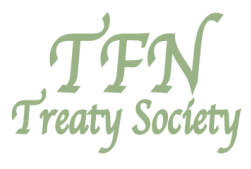|
Photos by Morris Mason
| ||||||||||||||
|
Photos by Morris Mason
| ||||||||||||||
|
Some photos on this website by Morris Mason
|
|
Tsimshian First Nations Treaty Society 2015
|
